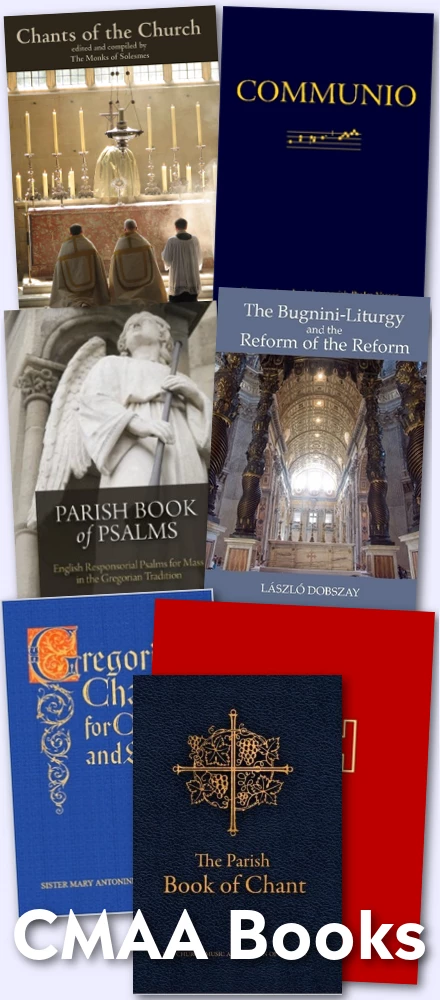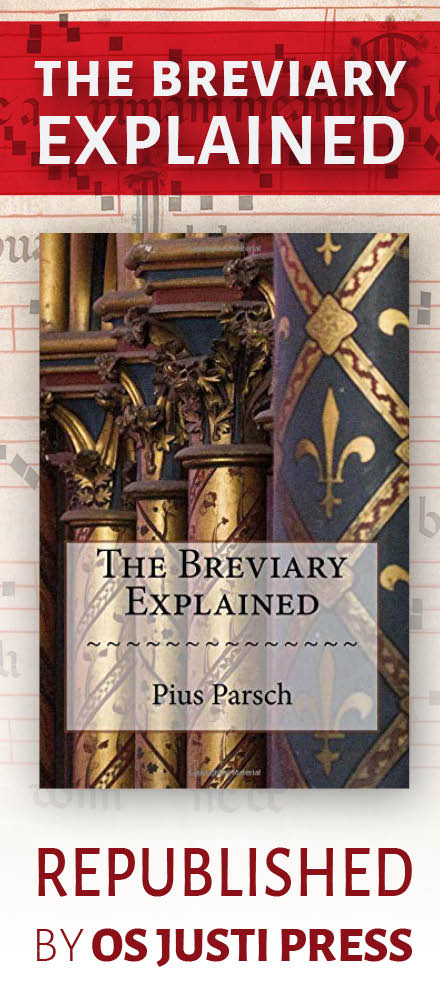Following up on what I wrote yesterday about the latest Grillo-gallop against the traditional Roman Rite, two more things have come up which I think are worth sharing. First, this simple observation by Mr Phillip Campbell at his blog Unam Sanctam Catholicam is very much worth noting.
“...if Pope Benedict was capable of making such a ‘completely wrong judgment’ about something as integral as the Church’s relationship to its liturgical heritage, there is no necessary reason why Pope Francis isn’t equally as capable of getting it wrong. If a theologian of the caliber of Joseph Ratzinger can operate for years from a premise that is ‘not theologically sound,’ are we supposed to have confidence that Francis will do better? Grillo’s argument that Benedict got the liturgy completely wrong only serves to establish that popes can be very wrong on their approach to the liturgy (my emphasis)—and is Francis a more or less trustworthy theologian and liturgist than Ratzinger?”Indeed. Nor is it difficult to discern in the harshness of Prof Grillo’s rash judgments an awareness that recent official pronouncements on the liturgy have nothing to offer in place of Pope Benedict’s historical clarity, theological acumen and pastoral charity, and will remain influential long after the former have been repealed.
Second, and simili pacto, Dom Alcuin Reid has written a tour-de-force response to the Grillo-gallop for Rorate Caeli; as was the case with his response to the infamous Cavadini-Healy-Weinandy articles, no summary can do it justice, and I strongly encourage all of our readers to read the full article at https://rorate-caeli.blogspot.com/2024/06/exclusive-dom-alcuin-reids-response-to.html.
“...it is difficult to accept the pure positivism that underlines Professor Grillo’s idolising the post conciliar reforms. The previous liturgical forms were ‘sacred and great’ and can most certainly be ‘sacred and great’ today also. The fact that this terrifies those who have staked their reputations and careers on a questionable act of papal positivism (the imposition of new rites that are not that for which the Council called and that are not in organic continuity with liturgical tradition developed over the centuries) and that they are fueling the opportunistic imposition of their ideology whilst they have the political capacity to do so does not change the truth that whilst Tradition does indeed develop, it does so organically, by enrichment, not by root and branch reform or substitution.
Otherwise, nothing is true, nothing has value—everything is simply a matter of political expediency. That is why Pope Benedict did not err in teaching that ‘What earlier generations held as sacred, remains sacred and great for us too, and it cannot be all of a sudden entirely forbidden or even considered harmful,’ and that ‘It behooves all of us to preserve the riches which have developed in the Church’s faith and prayer, and to give them their proper place.’ ”





















